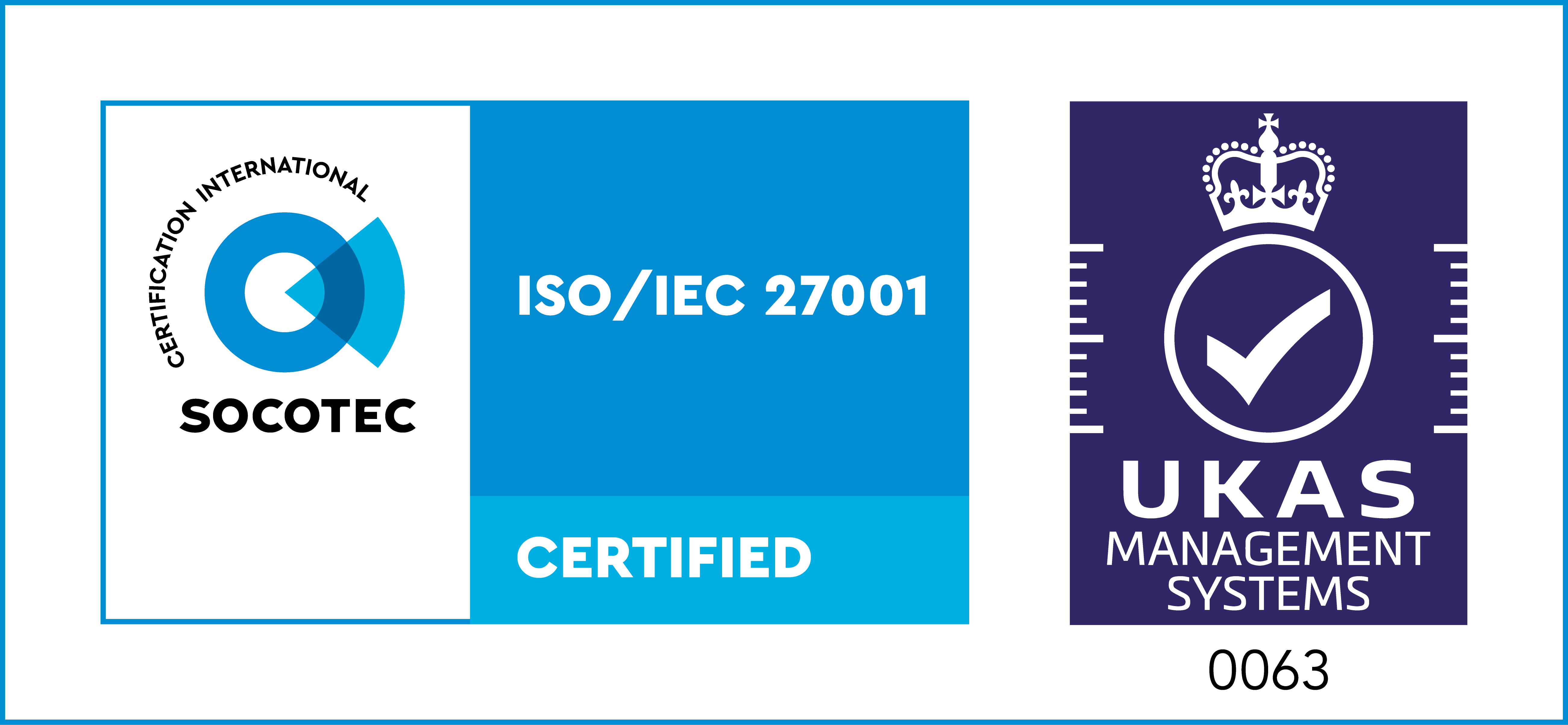It’s Mental Health Awareness Week, and this year’s theme is ‘loneliness’. This is an experience that affects millions of people every year and is a key indicator of poor mental health.
It’s normal to feel lonely from time to time, but if that feeling becomes long-term or chronic, it can do serious damage to our mental wellbeing. The stigma around loneliness makes the problem worse, with many finding it hard to reach out for help.
At Cambridge Intelligence, we have a group of volunteers dedicated to supporting everyone’s wellbeing. So to mark Mental Health Awareness Week, they’ve shared information and suggestions based on the Five Ways to Wellbeing, a set of evidence-based messages for improving mental health developed by the New Economics Foundation.
Let’s see how we make these steps work for us.
1. Be active
Regular exercise can have a hugely positive impact on your mental health. Lots of us have joined the Cycle to Work scheme and got ourselves a free bike, while others have found that just a short lunchtime walk can make a difference.
To encourage the team to get moving, we started a virtual fitness challenge to run, walk, cycle or swim the entire 2216.8 miles of Route 66. It’s not just for fitness fanatics (although we do have some of those) – every stroll in the park or leisurely bike ride counts.
It’s early days, but we’re off to a strong start!
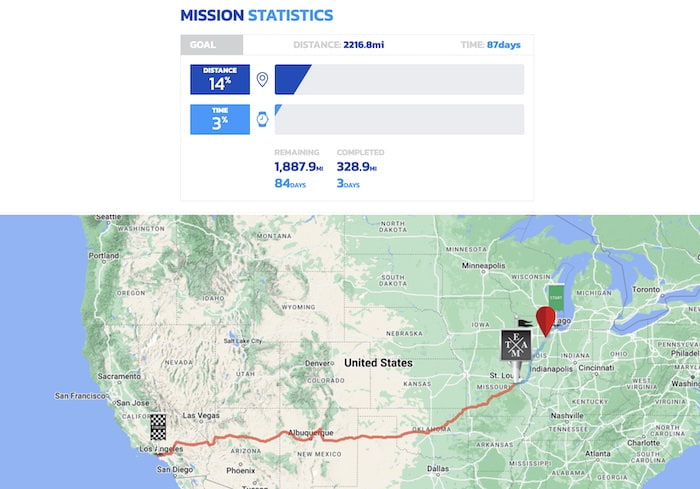
When COO Jess Berrisford shared the ways that she looks after her wellbeing, exercise was key.
Often putting my trainers on is the hardest part but I know it is the main thing that protects my mental health and reduces stress. Getting fresh air and the sun on my face around nature is very energizing, and even a 20 minute walk at lunch helps!
2. Connect
Social relationships help to relieve harmful levels of stress, making us feel supported, valued and happy. We encouraged the team to build connections with those around them. A lunchtime walk with a teammate or friend, a face-to-face meeting with someone that would usually be done virtually or just making time at work to ask about someone’s weekend.
When Cambridge Intelligence founder and CEO, Joe Parry, shared his stress-busting tips with the team, he recognized the importance of connection.
Stress can lead to behaviors that are isolating. For example, working too hard can mean losing touch with friends. I never regret spending time with friends but I often have to remind myself to do it.
Many in our team give up their time to connect with charities and communities through volunteering or raising money. Catherine volunteers for AgeUK’s befriending service – a scheme aimed at combating loneliness among older people. She told us about the incredible people she’s been lucky enough to call friends, and her story inspired her teammate Christian to volunteer for a similar service – the James Bay Community Project in BC, Canada.
3. Keep learning
Continued learning enhances self esteem and encourages social interaction. This doesn’t have to be linked to work – learning to play an instrument, reading a new book or doing daily sudokus can be just what you need to feel a sense of achievement.
It also doesn’t have to be anything too high brow or intense. We have Wordle fans here who are only too happy to share their results (only when things go well, funnily enough). We’re also getting into Heardle to test our music knowledge and Worldle to challenge our geography skills.
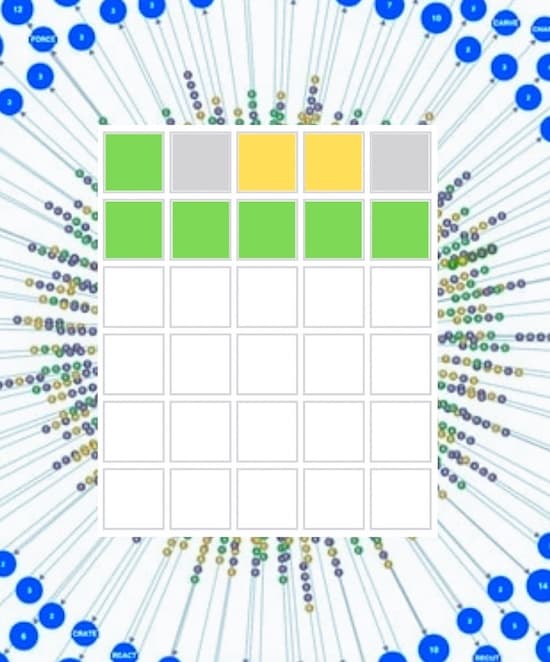
4. Take notice
Studies show that being aware of what is happening in the present directly enhances your wellbeing. It’s so important to take time to enjoy the moment and the environment around them.
Our online group chat has a channel dedicated to photos of nature, holidays, great food or any of the other positive things we notice. It’s an uplifting way to share a happy moment.
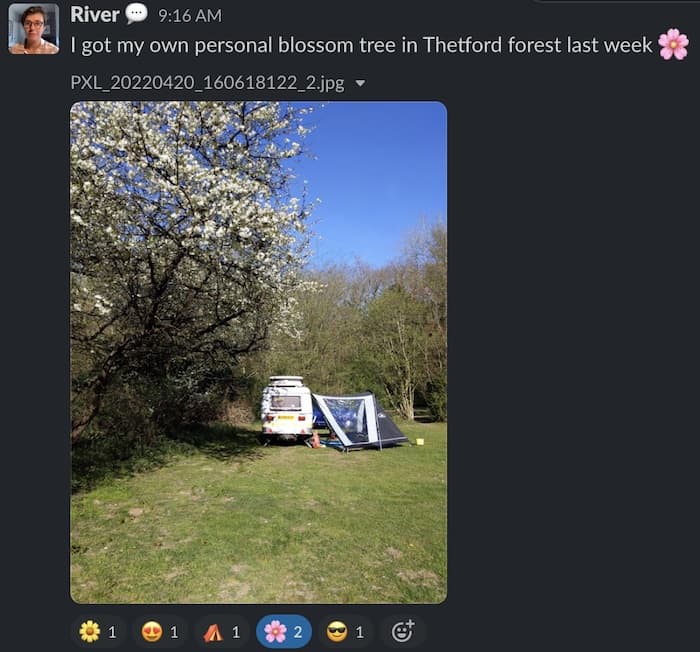
Practicing mindfulness techniques is another way to increase our ability to take notice. Cambridge Intelligence has a subscription to the Headspace app which provides meditation exercises, as well as proven ways to boost focus and help with sleep issues.
5. Giving
Doing something nice for a friend or stranger, thanking someone or volunteering your time can increase your happiness. Research shows that one act of kindness a day over a six week period is linked to an increase in wellbeing.
Our Payroll Giving scheme means anyone in the team can set up a regular payment to a chosen charity directly through payroll. Cambridge Intelligence will also match any donations – through payroll or otherwise – up to £500 every year.
Teammate Julia is taking on a mammoth challenge this summer to raise money for the William Wates Memorial Trust. She’s cycling Le Loop, the official route of the Tour de France: that’s 2067 miles across the kind of terrain that the world’s fittest professional athletes struggle with.
The charity’s mission is to help the most disadvantaged young people keep away from a life of crime and violence and fulfill their potential. Her teammates have been generous with donations to this worthy cause already, and every one will be matched by the company.
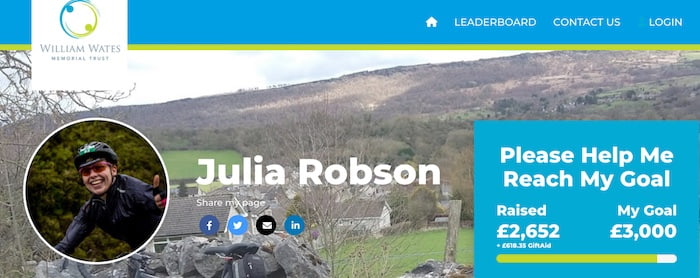
Wellbeing in the workplace
Mental Health Awareness Week draws attention to the importance of mental wellbeing and its effects on loneliness. As a team, we’ll keep connecting, giving, learning, being active, and taking notice of the natural world around us.



